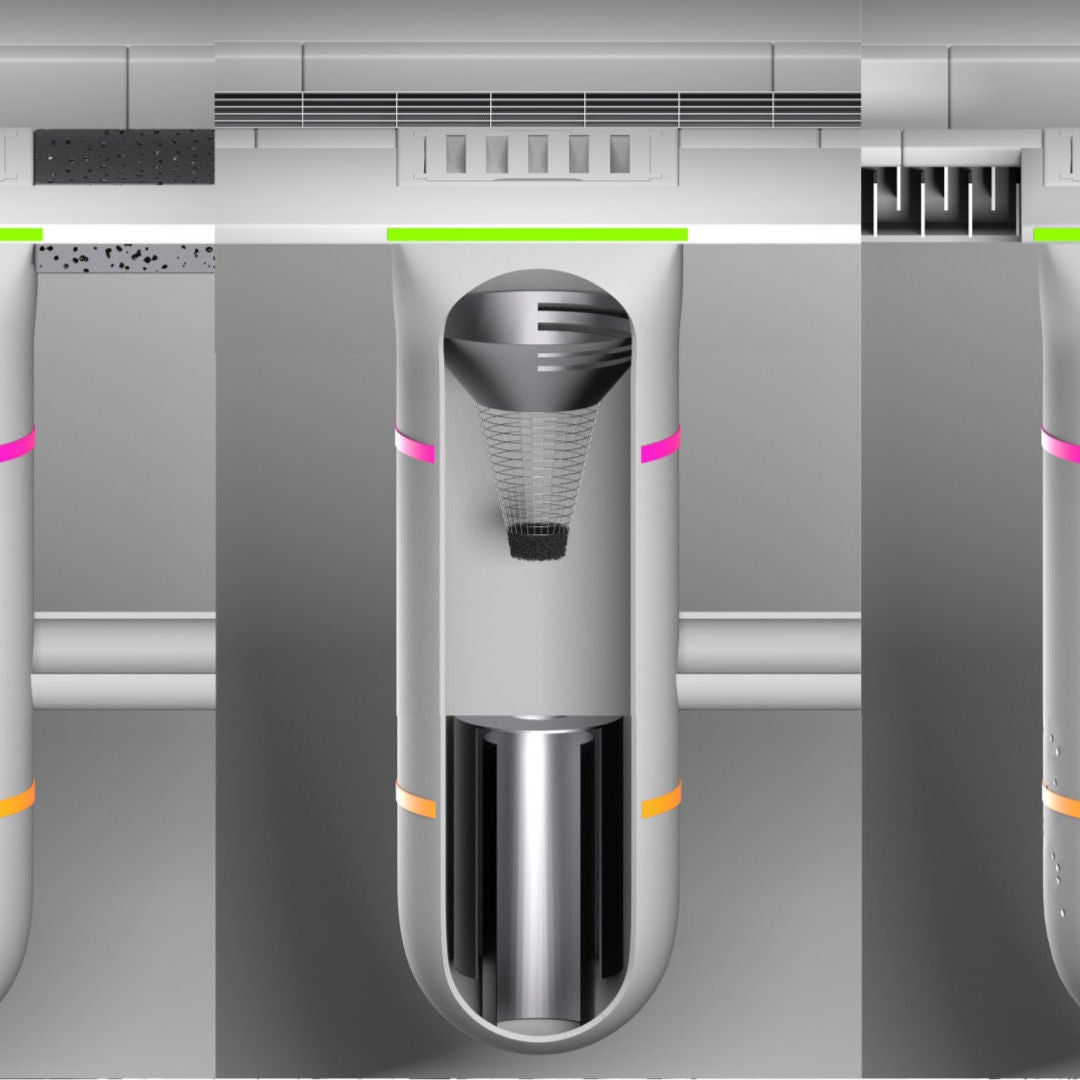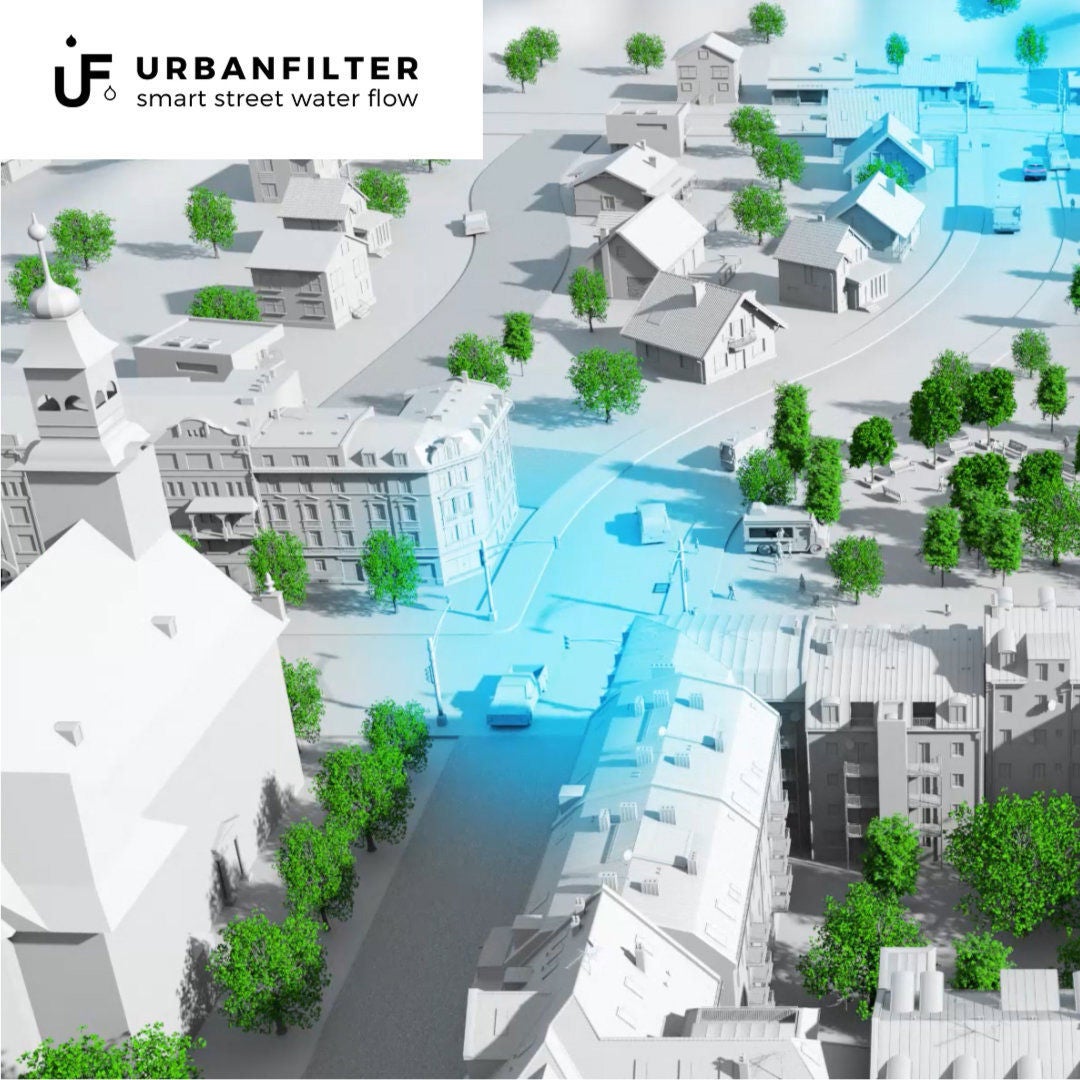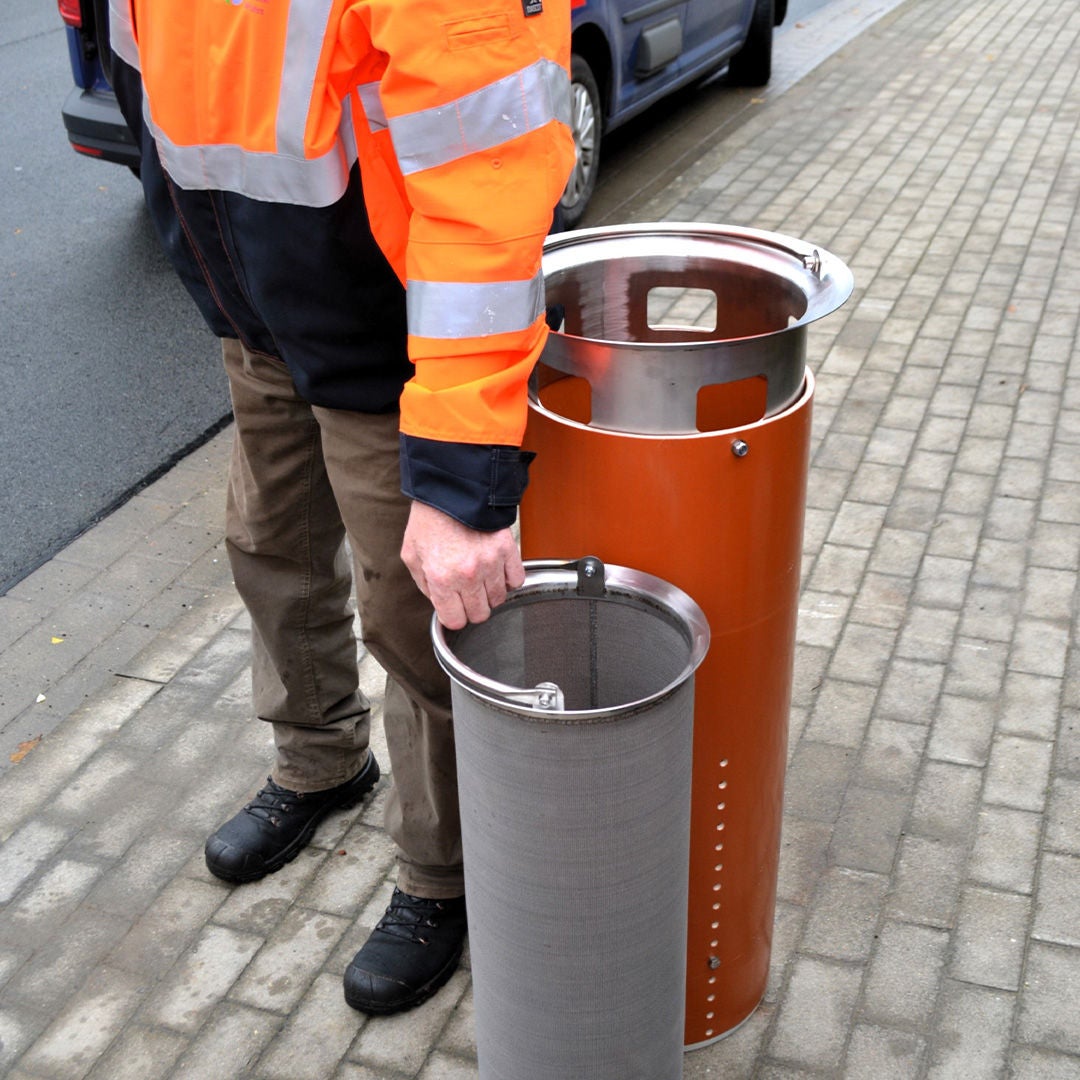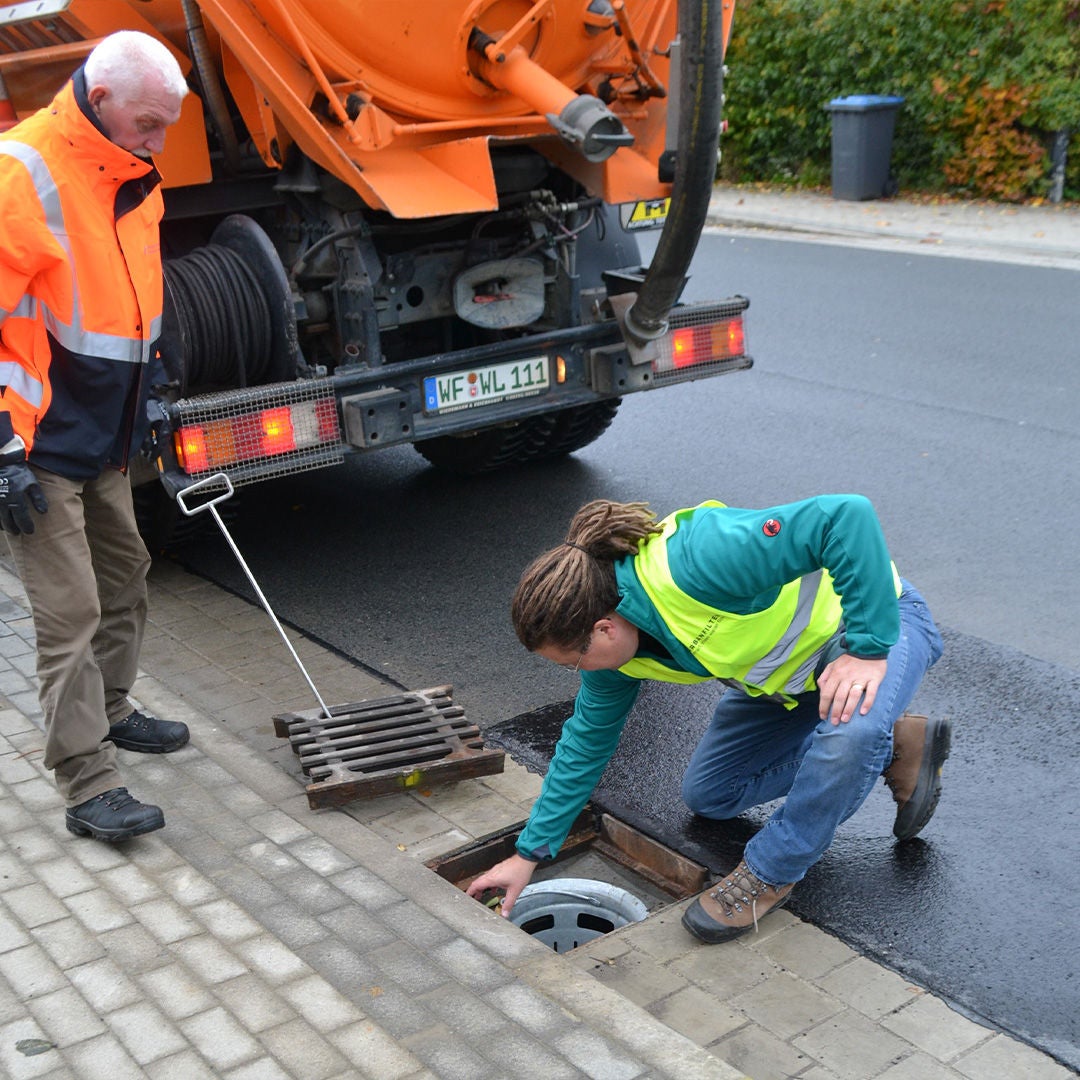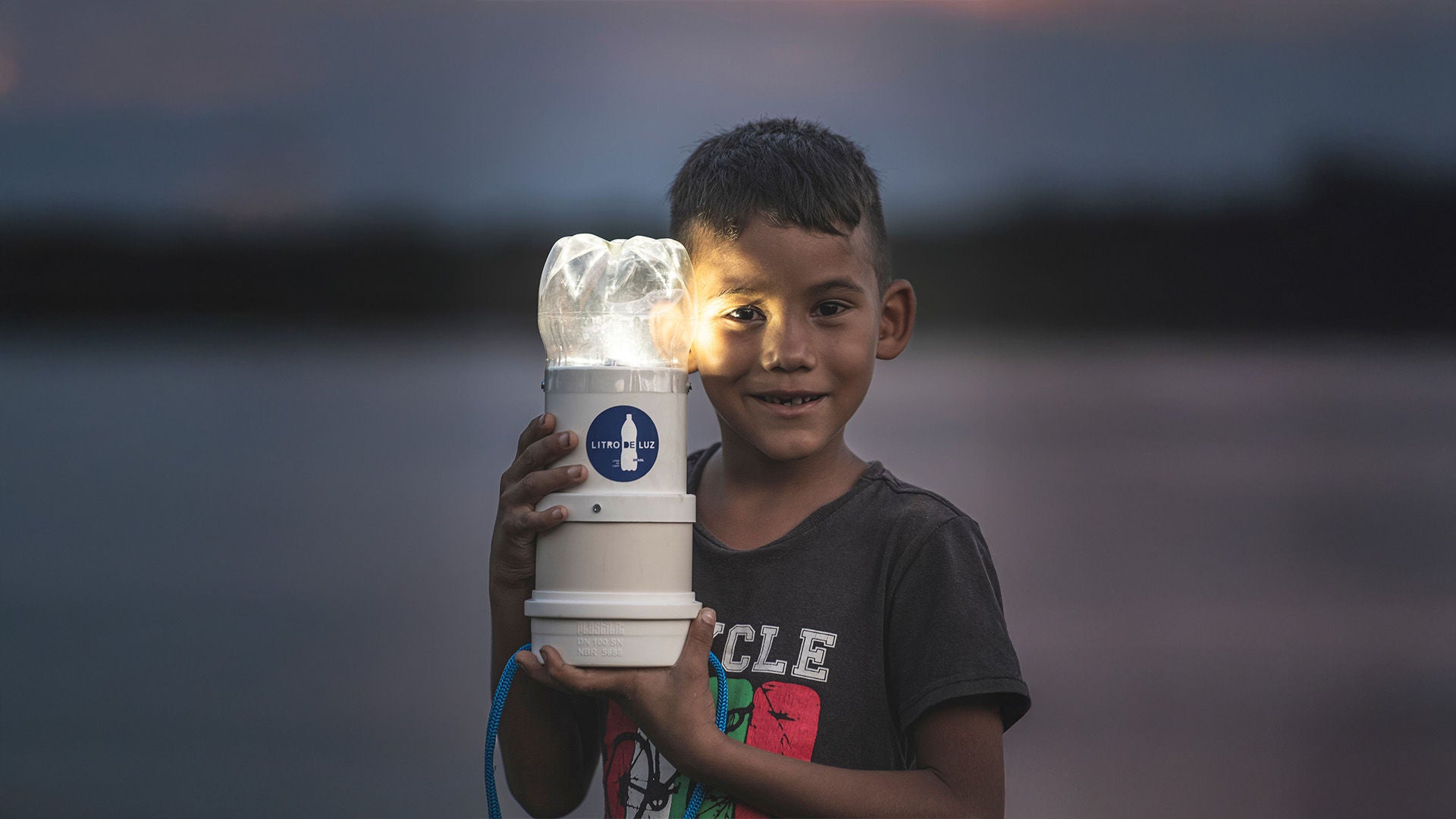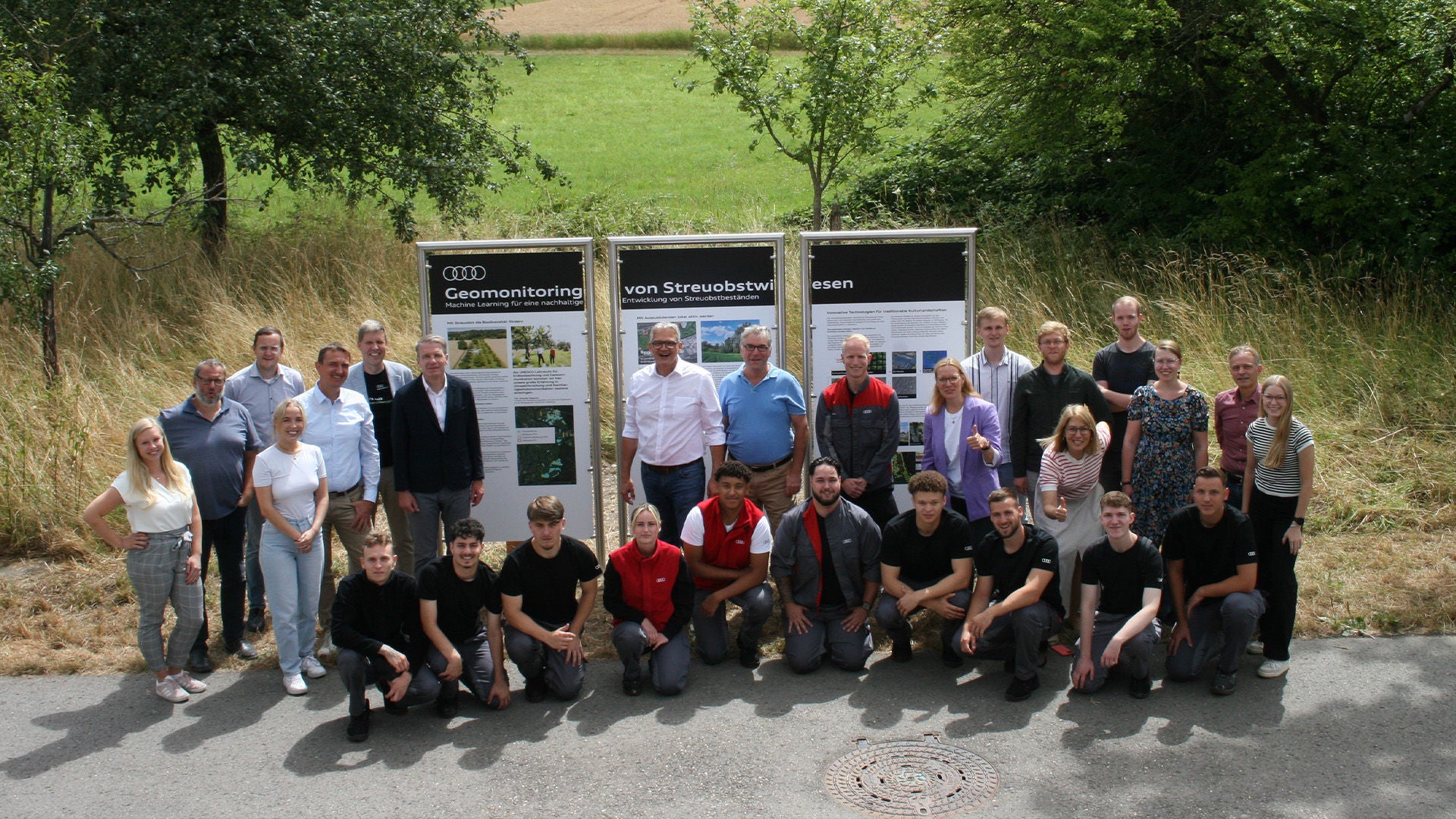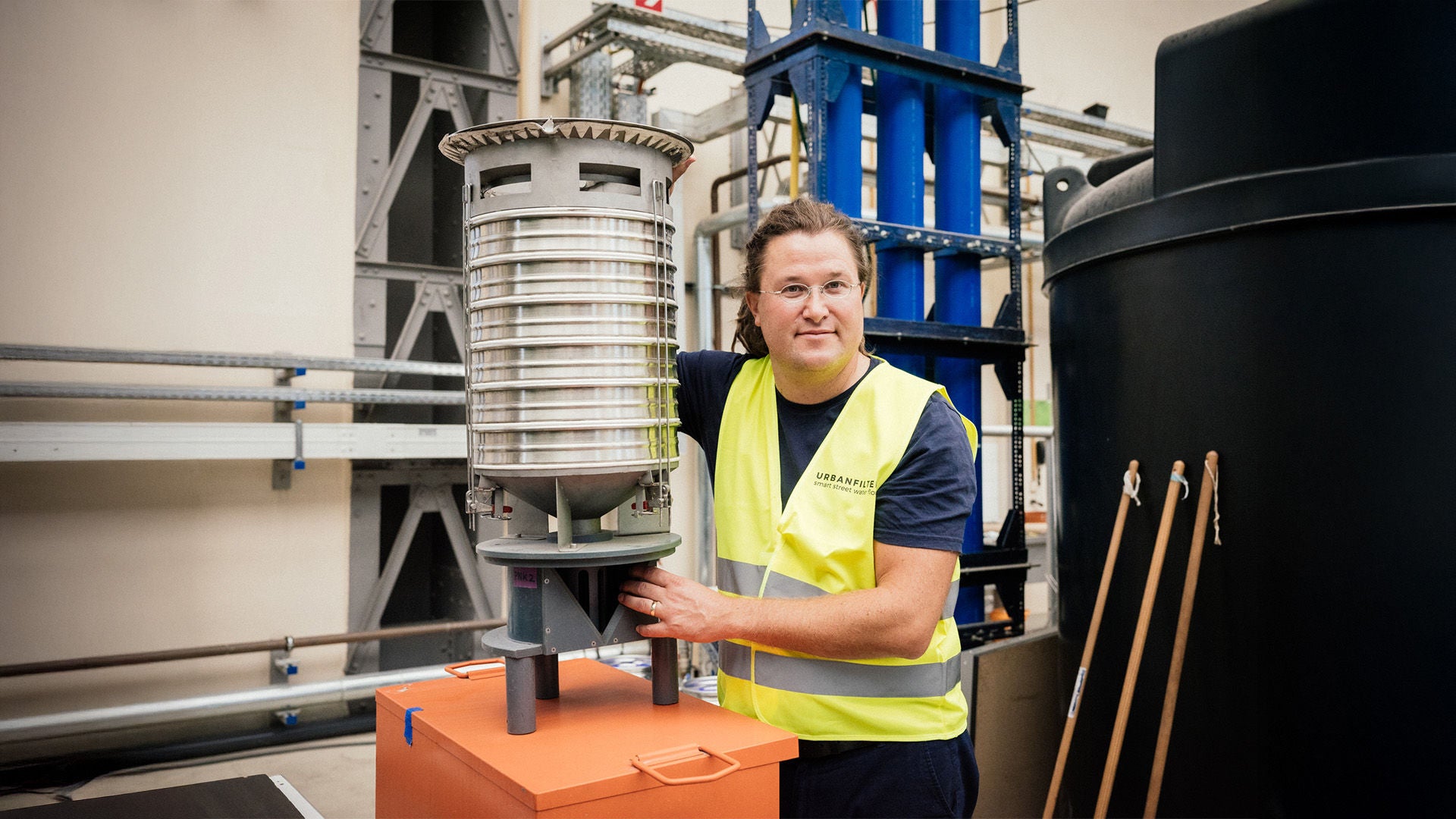URBANFILTER: Filtering Microplastics at the Source
05/06/2025 – Reading Time: 5 min
A largely unnoticed negative impact of driving on the environment is tire wear, which occurs while driving. Tire wear is one of the largest sources of microplastic pollution in the environment. In Germany alone, the amount of tire wear exceeds 110,000 tons per year. Sewage treatment plants can generally retain this microplastic quite well. However, depending on the wastewater system, there are also street drainage systems that do not lead through the sewage system to a treatment plant. Often, street runoff water is directly discharged into surface waters, posing a threat to natural water bodies and ultimately to humans. Therefore, the Environmental Foundation is supporting a project at the Technical University of Berlin, Department of Urban Water Management, which is researching an innovative filter system for street drainage that aims to significantly reduce the entry of microplastics and other solid and harmful substances into the sewage system or surface waters. The project started in September 2020 and was planned for approximately four years of research.
The URBANFILTER is modular in design. So far, nine different modules have been developed for the areas of street, shaft, and drain, which can be configured depending on the catchment area of a gully to optimally retain various dirt fractions such as microplastics, but also plastic packaging, cigarette butts, dog waste, or leaves. Starting from a waste channel on the street or special asphalt, various filter baskets in the shaft to fine filtration with a magnet at the lowest level.
The fact that tire wear is even higher in stop-and-go traffic or at traffic lights is also taken into account. An intelligent networking concept is intended to include influences such as traffic volume, weather forecast, and street cleaning. The evaluation of various data enables a forecast for the optimal time for filter emptying as well as the proactive use of street cleaning vehicles to remove pollutants from the street before they are captured by the runoff rain.
The prototypes are tested and optimized at a special test stand at the Technical University of Berlin with the addition of different defined pollutants and various rain intensities.
In 2022, a prototype of the filter was used on a busy street in Berlin. The research results from laboratory and stress tests show that the URBANFILTER works effectively even under adverse conditions without clogging. It handles all types of pollution – such as street sweepings, cigarette filters, and microparticles – particularly well in light to moderate rainfall.One goal was to find out how the filter system can be improved in heavy rain without needing to be controlled or cleaned.
The researchers took samples of both the inflow and the outflowing water to determine the efficiency in real operation over the seasons. Discussions with cooperation partners on intelligent traffic management and planning are also being conducted.
The current state of research is demonstrated by an illustration including a webgame of the URBANFILTER and its fields of application in urban spaces.
After four years of research, laboratory, and practical tests, they have proven the efficiency of the filter system against microplastics in street drainage. Thanks to optimal module configuration, up to 66 percent of fine particles can be captured. The URBANFILTER can retain up to 97 percent of street sweepings and withstand heavy rain events (up to 36 liters per square meter per hour) without clogging. The modules of the URBANFILTER only need to be cleaned once a year.
In November 2024, a new pilot city joined the research project: A specially adapted filter system was installed in Copenhagen to gather further insights in practical use. The evaluation will continue to be scientifically accompanied by the Technical University of Berlin.
The findings from this project will flow into the newly founded URBANFILTER SUSTAINABILITY HUB with the Weddel-Lehre Water Association, which focuses on the practical applicability of filter systems. The goal is to bundle knowledge about successful filter applications in practice in this HUB and make it available as an exchange platform to other practitioners. The HUB promotes collaboration between decision-makers, industry, and municipalities and relies on an open-source approach to spread innovations and sustainable solutions.
